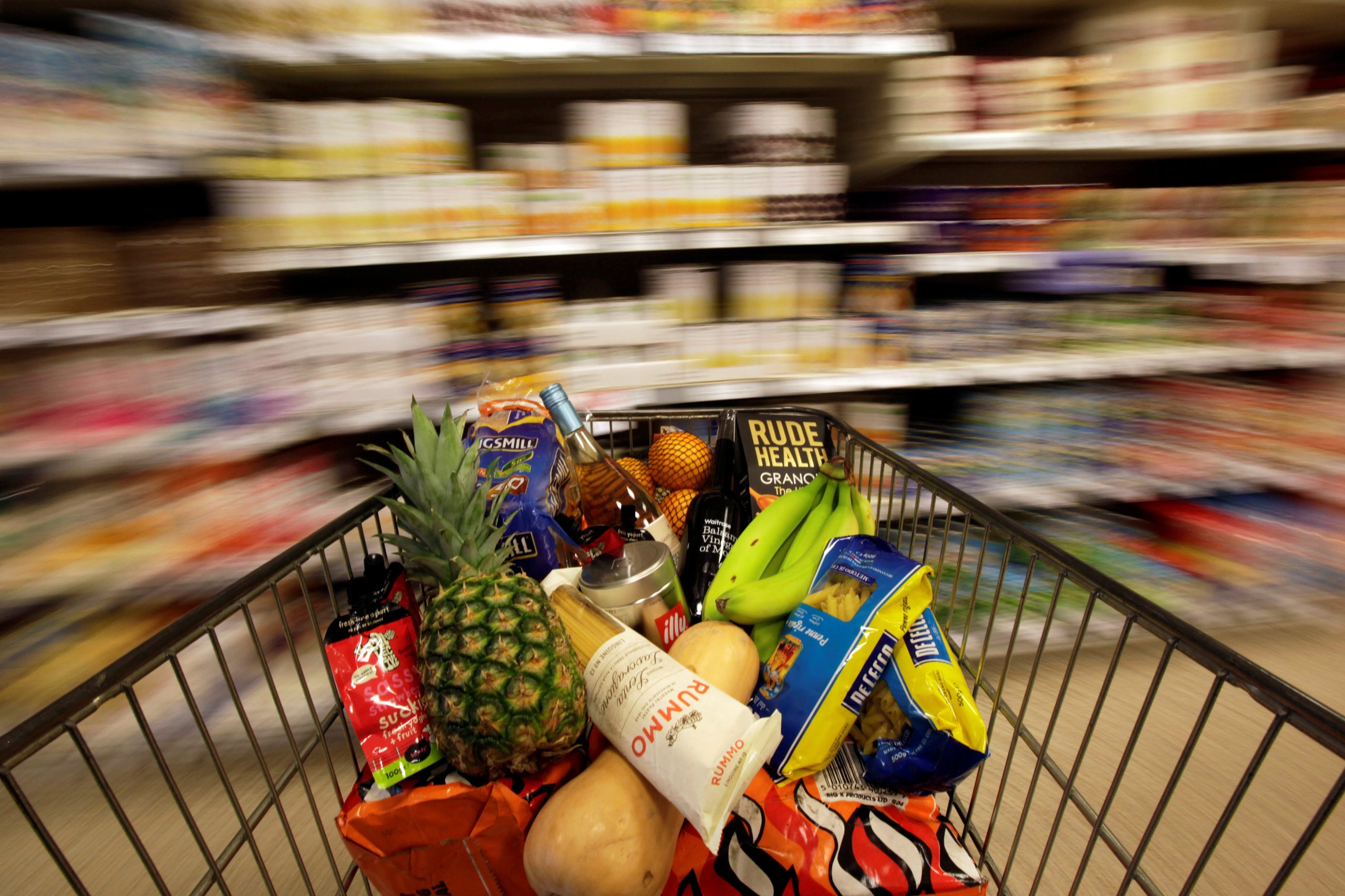The Rising Cost of Grocery Shopping in Las Vegas: A Challenge for Residents and Local Businesses
Grocery shopping in Las Vegas has become an increasingly difficult feat for residents and local businesses alike. In recent years, particularly since January 2021, the city has experienced a sharp rise in grocery prices, with the average monthly grocery expenses for Nevadans jumping by $1,187, according to the Consumer Price Index. These spikes in costs have been driven by a combination of global factors, including supply chain disruptions, evolving trade policies, climate challenges, and rising production costs. As the situation persists, the impact of these growing expenses has reverberated across households and independent grocers, leaving both groups grappling with how to adapt to current economic pressures.
The Household Impact: Stretching Every Dollar
For Las Vegas families, the surging cost of groceries adds a significant burden to already tight budgets. Rising grocery bills—when coupled with increasing housing costs, energy expenses, and other necessities—make it increasingly challenging for families to make ends meet. Many households have turned to strategies such as bulk buying to reduce costs, a method that gained popularity during the COVID-19 pandemic. Then, bulk purchases were motivated by stockpiling and uncertainty surrounding supply chains. Today, though, the approach is often a matter of survival, as families seek short-term financial relief by purchasing items in larger quantities to access discounted rates.
However, bulk buying is not always a viable solution for everyone. Households with limited storage space may find it impractical, while those committed to eating fresh produce may face difficulties in keeping perishable items from spoiling. Worse yet, it does little to address the systemic issues driving inflation. For many, the rising cost of food presents an ongoing challenge that is about more than simply managing a grocery list—it’s a reflection of broader economic difficulties.
Independent Grocers: Struggling to Compete
The challenges posed by rising grocery prices are particularly acute for independent grocers in Las Vegas, many of whom operate on razor-thin margins. Unlike large supermarket chains, which can leverage economies of scale to secure better deals from suppliers, small grocery stores lack the same purchasing power. As a result, they face disproportionately high product costs, making it hard to compete when big-name retailers offer discounts and deals.
Take Mario Berlanga, owner of Mario’s Westside Market, for instance. Berlanga explains how difficult it has been for businesses like his to remain sustainable amid rising expenses. Independent grocers also contend with higher operational costs, further adding to their struggles. Forced to pass along some of these increased costs to customers, smaller stores often find themselves in a position where they risk losing their customer base to larger competitors.
The consequences of this imbalance are significant. If independent grocers are unable to weather these challenges, it could lead to further market consolidation, where fewer giant corporations dominate the grocery industry. Such a scenario would not only limit consumer choice but also reduce the economic diversity and community connection fostered by small, locally owned businesses.
Community Solutions: Working Together for Relief
Despite these daunting issues, there are rays of hope in Las Vegas. Local collaborations and community-driven initiatives have emerged as ways to mitigate the impact of rising grocery prices. Farmers markets, for example, have been a lifeline for both consumers and small businesses. By providing a platform for local farmers and small-scale producers to sell their goods directly to consumers, these markets eliminate some of the middlemen costs that drive up prices. Initiatives like Findlay Subaru of Las Vegas' support for farmers markets are perfect examples of how community solidarity can turn into tangible solutions.
Beyond affordability, farmers markets play a crucial role in strengthening local ties. Supporting these markets not only helps consumers access fresh and often more competitively priced produce but also ensures the sustainability of small businesses facing economic adversity. In an era where every dollar counts, choosing to shop locally is an investment in the community's long-term resilience.
Facing the Bigger Picture: Long-Term and Community-Level Solutions
The grocery price crisis in Las Vegas is part of a broader challenge linked to global supply chains, trade dynamics, and climate change. Solving it will require more than individual coping strategies like bulk buying or shopping at farmers markets—it will demand long-term policy changes that address the root causes of inflation and economic instability. Still, the community can also play a critical role in fostering resilience. By advocating for legislative solutions, supporting small businesses, and participating in local initiatives, Las Vegas residents can help build a more inclusive and sustainable economy.
For now, the collective perseverance of Las Vegas' residents and local businesses offers hope. By working together—whether it’s shopping locally, exploring innovative solutions, or simply forming strong community partnerships—there is a way forward. The journey may not be easy, but with collaboration and determination, Las Vegas can weather these economic challenges and pave the way for a brighter, more sustainable future.
